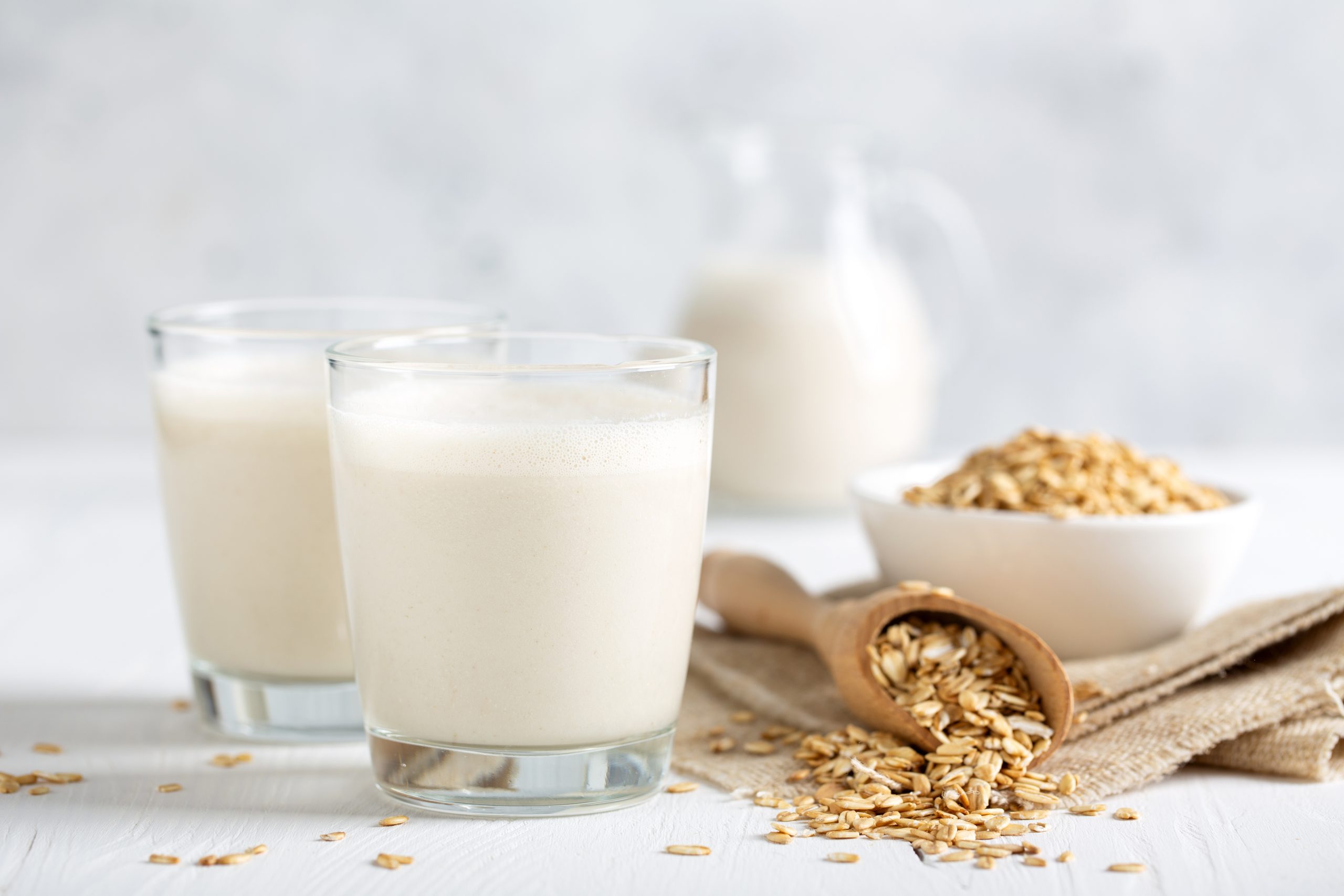The Benefits of Oat Milk: A Comprehensive Guide
Oat milk has gained significant popularity in recent years as a plant-based alternative to dairy milk. In this comprehensive guide, we will explore the various benefits of oat milk and why it has become a preferred choice for many individuals.
Nutritional Value
Oat milk is a nutritious beverage that offers several health benefits. It is rich in essential nutrients such as fiber, protein, vitamins, and minerals. A single cup of oat milk typically contains around 130 calories, 4 grams of fat, 2 grams of fiber, and 3 grams of protein. It is also fortified with vitamins A, D, B12, and calcium.
Lactose-Free and Dairy-Free
One of the key advantages of oat milk is that it is suitable for individuals with lactose intolerance or those following a dairy-free diet. Unlike cow’s milk, oat milk does not contain lactose, making it a great alternative for those who experience digestive issues or have dairy allergies.
Heart-Healthy
Oat milk is known for its heart-healthy properties. It contains beta-glucan, a soluble fiber that has been linked to reducing cholesterol levels. Regular consumption of oat milk may help lower LDL (bad) cholesterol and maintain a healthy heart.
Rich in Antioxidants
Oats are naturally rich in antioxidants, and oat milk retains some of these beneficial compounds. Antioxidants help protect the body against oxidative stress and reduce the risk of chronic diseases such as heart disease and certain types of cancer.
Supports Digestive Health
The high fiber content in oat milk promotes healthy digestion. Fiber aids in maintaining regular bowel movements, preventing constipation, and supporting a healthy gut microbiome. Oat milk can be a valuable addition to a balanced diet that promotes optimal digestive health.
Suitable for Vegans and Vegetarians
Oat milk is a popular choice among vegans and vegetarians as it is entirely plant-based. It provides a creamy texture and can be used as a substitute for dairy milk in various recipes, including coffee, smoothies, and baked goods.
Environmental Impact
Choosing oat milk over traditional dairy milk can have a positive impact on the environment. Oat milk production requires significantly less water and land compared to dairy farming. Additionally, it produces fewer greenhouse gas emissions, making it a more sustainable choice.

Oat milk offers a range of benefits, making it an excellent alternative to dairy milk for individuals with lactose intolerance, those following a dairy-free or vegan lifestyle, or anyone looking to make healthier choices. Its nutritional value, heart-healthy properties, and positive environmental impact contribute to its growing popularity. Consider incorporating oat milk into your diet and enjoy its many advantages!
Frequently Asked Questions
1. What are the benefits of oat milk?
Oat milk is a dairy-free alternative made from oats. It offers several benefits, including:
High in fiber
Rich in vitamins and minerals
May help lower cholesterol levels
Suitable for people with lactose intolerance or milk allergies
Can be a good source of plant-based protein
2. Is oat milk good for weight loss?
Oat milk can be a suitable choice for weight loss due to its lower calorie content compared to cow’s milk. However, it’s important to consider portion sizes and overall calorie intake as part of a balanced diet.
3. Does oat milk have any side effects?
Oat milk is generally safe for consumption. However, some individuals may be allergic to oats, so it’s important to check for any adverse reactions. Additionally, store-bought oat milk may contain additives or sweeteners, so reading labels is recommended.
4. Can oat milk help with digestion?
Due to its high fiber content, oat milk can aid in digestion and promote bowel regularity. It can be a suitable option for individuals with digestive issues or those looking to increase their fiber intake.
5. Is oat milk suitable for people with diabetes?
Oat milk has a lower glycemic index compared to cow’s milk, which means it doesn’t cause a rapid spike in blood sugar levels. However, individuals with diabetes should monitor their carbohydrate intake and choose unsweetened oat milk options.
6. Can oat milk be used in cooking and baking?
Absolutely! Oat milk can be used as a substitute for cow’s milk in various recipes, including cooking and baking. It provides a creamy texture and adds a slightly sweet flavor to dishes.
7. Does oat milk contain calcium?
Oat milk is often fortified with calcium, making it a good alternative for individuals who need to avoid dairy products. However, it’s essential to check the label to ensure the oat milk you choose contains adequate amounts of calcium.
8. Is oat milk suitable for children?
Oat milk can be a suitable option for children who are lactose intolerant or have milk allergies. However, it’s important to consult with a pediatrician or healthcare professional before introducing any new food or beverage to a child’s diet.
9. Can oat milk be consumed by vegans?
Yes, oat milk is a popular choice among vegans as it is plant-based and doesn’t contain any animal products. It can be used as a milk substitute in vegan recipes and is a good source of nutrients for those following a vegan lifestyle.
10. How long does oat milk last?
Unopened oat milk can usually be stored in a cool, dry place for several months. Once opened, it should be refrigerated and consumed within 7-10 days. However, it’s always best to check the expiration date on the packaging.




